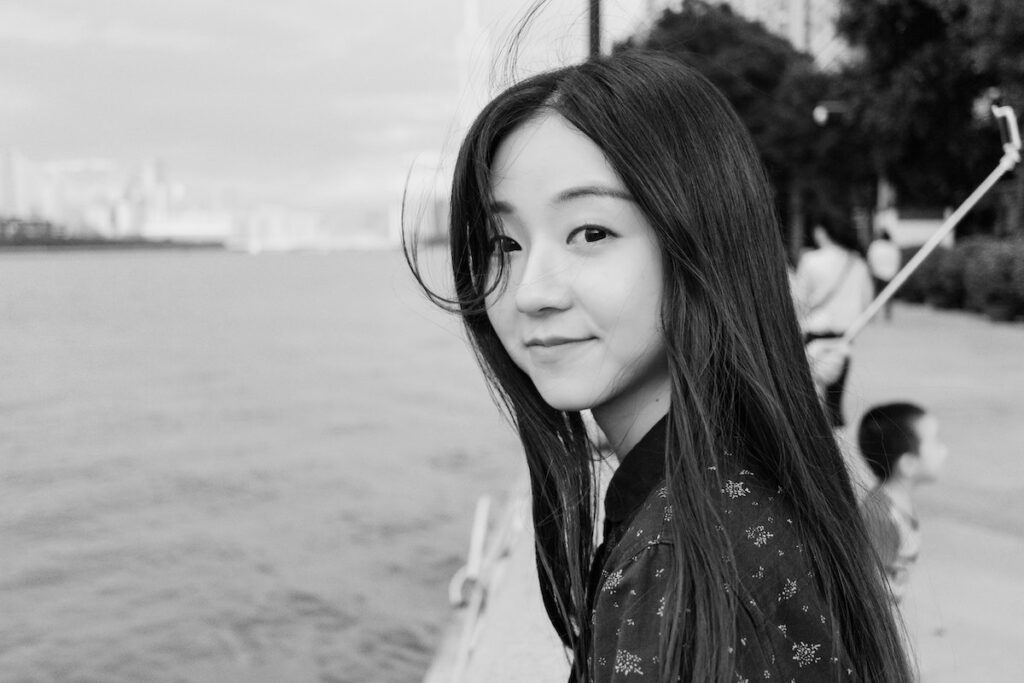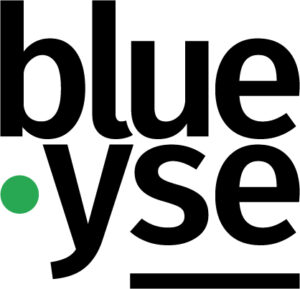
In a world where we consume enormous amounts of mass media daily, the importance of representation is often overlooked. Representation refers to the way to perceive someone or something. In the media, it refers specifically to how they portray different identities, social issues and events. You can distinguish two types of representation:
Quantitative representation: How often are women and men portrayed in various media? How often are people of colour or queers portrayed? Is there proportional representation among experts, spokespersons, presenters or sources?
Qualitative representation: In which way are the target audiences established? For example, are women portrayed differently than men, and how often are these portrayals stereotypical? Below are two examples of stereotypical representation.
| Muslim women Research shows that Muslim women are often portrayed in the same context. In a study of 4,482 photos in the ANP’s image database, all of which carry the tag “Muslim woman,” it appears that 94% of Muslim women are photographed outside the home (on the street, in the market, or on public transport). Researcher Cigdem Yuksel says, “The fact that these women are only seen in these environments gives the impression that these women’s lives are limited and not much more than walking down the street, shopping, and going to school. When in reality these women’s lives are much more multifaceted.” | African people Many (international) development organizations and charities in need of donations portray people who live in countries in Africa as poor, hungry and sick. This focus on poverty, magnifying it and wrapping it into something consumable, is called poverty porn. This involves triggering an emotional response in the viewer, often with the goal of raising money. Poverty porn as a business model. The emotions it triggers are shock and guilt. Poverty porn does not show survivors, but victims. Not people with a name, a family and a context. Instead, it shows passive, miserable, and nameless people. |
Times are changing: the world’s oldest NGO screens its own campaigns
In June 2021, Save the Children UK, the world’s oldest NGO, released a statement of solidarity with the Black Lives Matter movement. The NGO stated that they are screening their campaigns. They want to see if they contain racial stereotypes “that deprive vulnerable children of their dignity and self-determination of vulnerable children.” Also, “white saviours” will be removed from communications and the experience of black families in poverty will become the focus of campaigns, according to the statement.
Celebrate the uniqueness of individuals
Even though our society is super diverse, the media is not yet there. The media should eliminate stereotypes. Instead, there should be equal representation between diverse and complex characters in the media. Characters that highlight everyone’s uniqueness. This should be separate from their “on paper” identity. The uniqueness of every individual should be celebrated, not dismissed. When the media does not follow the change in society, they will keep creating stories and footage that will not reach the audience and become less relevant in our society.
Inclusion is a prerequisite for better representation
Striving towards better representation makes no sense when it is not in line with reflection on the culture in the workspace at media organizations. There should be space for the creation of new perspectives, ideas and ways of working. In other words; inclusion. When you do not work towards an ‘inclusive workplace’, then you are at risk of people resigning.
The British head of diversity at BBC, Tunde Ogungbesan, who we met via Skype, told us how he uses data on the outflow of BBC staff during his job interview at the British public broadcaster. ‘I was surprised at how many diverse staff were entering the organization. That looked good. But I also noticed something else. The BBC consistently talked about “diversity.” Period. So I thought: that probably means that although they manage to recruit a lot of diverse staff, they also quickly lose these people again. And indeed, the figures showed that. This is because the BBC’s emphasis at that time was not on inclusion.’
Sources
Pourquoi la représentation est-elle importante? https://rightforeducation.org/fr/2020/12/04/pourquoi-la-representation-est-elle-importante/
Module 3 : la représentation dans les médias et l’information: http://unesco.mil-for-teachers.unaoc.org/modules/module-3-fr/?lang=fr
Hoe gaat het met de representatie in de media: https://www.womeninc.nl/knowledge/hoe-gaat-het-met-representatie-in-de-media
Poverty porn als verdienmodel: https://www.oneworld.nl/lezen/discriminatie/racisme/poverty-porn-als-verdienmodel/#:~:text=Poverty%20porn%20draait%20dus%20om,teweegbrengt%20zijn%20schok%20en%20schuld.
Waarom deze ontwikkelingscampagnes echt niet meer kunnen: https://www.fondsenwerving.nl/verdieping/artikel/2021/01/04/Waarom-deze-ontwikkelingscampagnes-echt-niet-meer-kunnen
Schijndiversiteit: https://www.nieuwwij.nl/algemeen/zp-schijndiversiteit-representatie-windowdressing/
